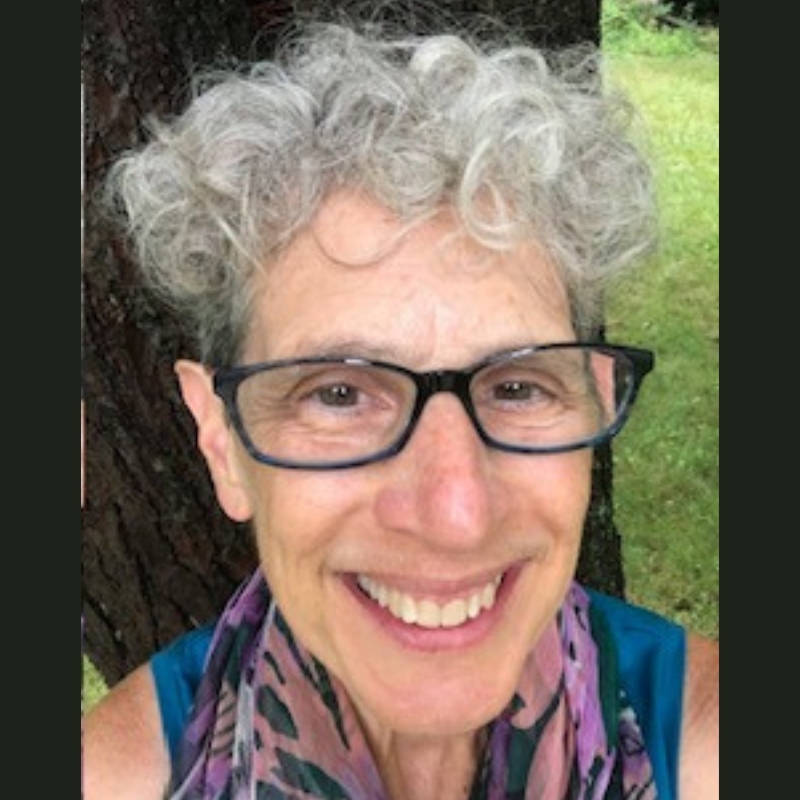“Abraham rose from mourning his wife (Sarah). He spoke to the Hittites saying, ‘I am a foreigner living among you. Sell me a gravesite among you that I may bury my dead.’” (Genesis 23:3-4)
At least 20 people have died while in ICE custody this year. Media and immigration advocates have reported overcrowding, unsanitary conditions, and issues with food. But whatever the official cause of these deaths might be, the circumstances are clear: hateful, cruel, illegal, and immoral actions of ICE, its agents, and the Trump administration, paired with the lethal history of racism and xenophobia deeply baked into U.S. history and culture.
Each of the 20 people who have died this year had loved ones, a history, a lineage. The bereaved may have traditional rituals and customs for honoring their loved ones who have died and may have been unable to attend to these because they are undocumented and can’t claim their loved ones’ remains without risking additional harm to themselves or their families, or because the remains were not made available.
Find more resources on Chayei Sara.
This is painful to me. I love Jewish traditions for death and mourning, and I’m equally committed to every person being able to grieve according to their own beliefs and customs. I didn’t learn much about Jewish mourning rituals growing up, but the wisdom they provide is now an essential element of my spiritual life. Some of our core rituals involve a visit to a burial site. On the rare occasions that I go to my hometown, I’ve been moved to tears visiting the graves of my mother, father, grandparents, and aunts, most of whom died many years ago. These rituals matter. But they aren’t always possible, and when they aren’t, sometimes what’s required is the simple calling forth of sacred memory.
Right now, some of the losses I want to call forth are the two ICE detainees who have died in my state this year, Ismael Ayala-Uribe and Huabing Xie. I didn’t know them and I don’t know their loved ones, but I want to honor their memories by naming them. I want to be sure that in the maelstrom of traumatic loss occurring at the hands of ICE, I don’t become numb to those enduring these horrible experiences. I start by learning two names. It doesn’t feel like enough.
Recently, I was co-organizer and emcee for “Walking Our Faith: A Vigil of Prayer and Caring for Immigrants,” which was held outside of two buildings from which ICE has been operating in downtown San Francisco. (KQED) Approximately 250 faith leaders from diverse traditions gathered, walked, sang, and prayed for justice and compassion. We listened attentively to the beat of a drum, connecting us to those who have been disappeared from that place, and to their loved ones. We stood grounded in sacred observance. It was there that I learned that 20 people have died this year in ICE custody.
As I reflect on our powerful act of solidarity with the people who are detained, I think, too, of those 20 who have lost their lives. Though I won’t be visiting a gravesite in their memory, the solidarity from that day downtown matters. I was surprised to see that passersby were visibly moved. A news story quoted a woman who had travelled from out of state to be with her friend and was anxiously awaiting his return from an immigration appointment. Our presence comforted her, she said. Her friend came out a while later, and they hugged in joyful relief. (KQED) And I, in turn, was comforted by the story of their joyful reunion. We’re connected to each other in surprising ways, even during this time of disruption and loss.
The violent and destructive times in which we find ourselves right now require us to develop a level of courage, resilience, and compassion that can feel overwhelming. We build our capacity by doing it together, raising our voices for justice, attending to the grief when we can, and expanding our connections, one heartbeat at a time, one heart to another.
Rabbi Shifrah Tobacman is a spiritual leader, teacher, interfaith chaplain, and poet. Rabbi Shifrah was ordained by Aleph Alliance for Jewish Renewal in 2015, after careers in bodywork, health education, and public health. Since then, she’s served as an interfaith chaplain for seniors in California, and as a congregational rabbi for Tikkun V’Or in Ithaca, NY. She currently serves as a rabbi-at-large in the San Francisco Bay Area community. Rabbi Shifrah lives in Emeryville, CA, with her wife Ruth.

